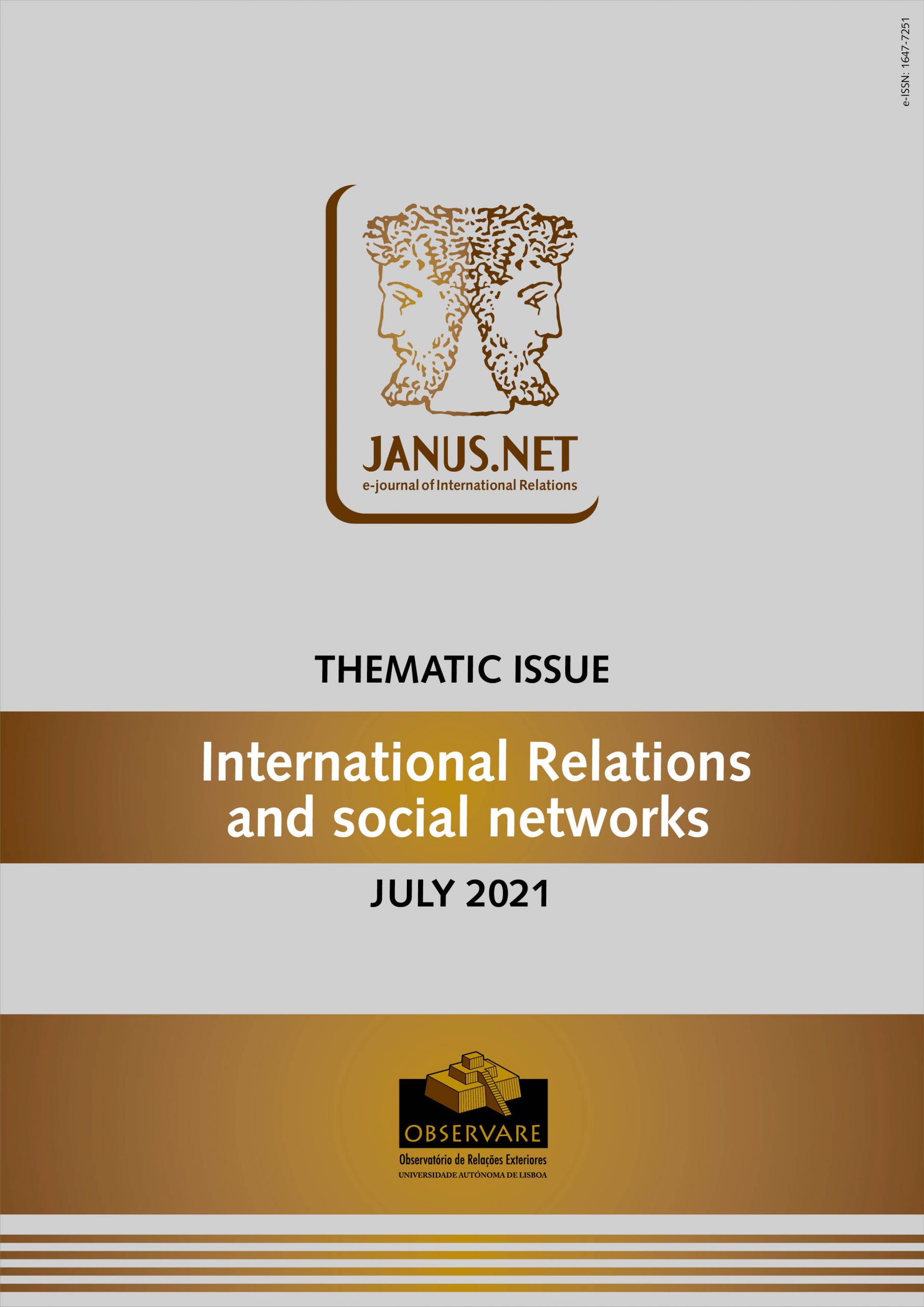The authorization for the vaccine against Covid-19 and the beginning of the vaccination in the European Union represent a very singular moment in several dimensions, including strategic communication. In the context of a pandemic and an infodemic – an epidemic also recognized by the World Health Organization (WHO) characterized by the abnormal increase of information on a given subject carrying the risk of severe disinformation phenomena – the need for authorities (both Portuguese and European) to convey accurate information and to maintain a communicative proximity is crucial. In these circumstances, online social networks represent ineluctable channels to deliver official information. In this article, we analyze how the European Commission, the European Medicines Agency (EMA), the WHO Regional Office for Europe, the European Centre for Disease Prevention and Control, the Representation of the European Commission in Portugal, the Portuguese Government, the Portuguese Directorate-General of Health, and the Portuguese National Health Service have used Facebook, Instagram, Twitter and LinkedIn to communicate the vaccination during one month since the EMA’s authorization (21st December 2020). All posts from the referred sources on the four social networks (719 occurrences) were collected and content analysis methods were then applied. The results show that both Portuguese and European official sources use social media to convey authoritative information about the vaccination against Covid-19: more than one third of the posts analyzed link to institutional websites and more than half the publications have an informative framing. On the other hand, the analyze suggests that there is a strong political capitalization of the momentum of hope. This exploratory study case shows the importance of social media analysis in the context of the Covid-19
THE COVID-19 VACCINATION AGENDA. EUROPEAN AND PORTUGUESE OFFICIAL SOURCES’ PERFORMANCE IN FACEBOOK, INSTAGRAM, TWITTER AND LINKEDIN
Assistant Professor at the Department of Philosophy, Communication and Information of the Faculty of Letters of the University of Coimbra (Portugal) and integrated researcher in CEIS20 - Centre for Interdisciplinary Studies.
Coordinator of the Communication and Image Office of the Faculty of Medicine of the University of Porto (Portugal) and researcher at CINTESIS - Health Technologies and Services Research Centre.
Associate Professor at FCH/UCP (Portugal), Coordinator of the Masters in Communication Sciences and researcher at the Centre for Communication and Culture Studies (CECC).
Researcher at CECS - Centre for Communication and Society Studies, University of Minho, Institute of Social Sciences (Portugal).
Resumo
Palavras-chave
Como citar este artigo
Santos, Clara A.; Magalhães, Olga E.; Burnay, Catarina D.; Araújo, Rita. The COVID-19 vaccination agenda. European and portuguese official sources’ performance in facebook, Instagram, Twitter and Linkedin. Thematic dossier International Relations and Social Networks, July 2021. Consulted [online] on date of last visit, https://doi.org/10.26619/1647-7251.DT21.11
Article received on 5 January, 2021 and accepted for publication on 20 March, 2021















